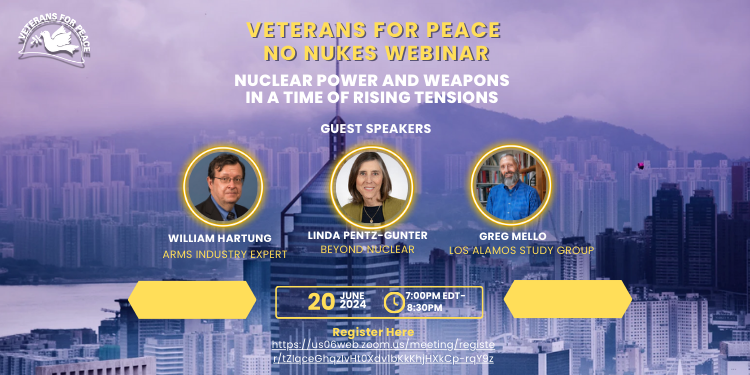RantWoman is doing her usual mental and physical sorting in preparation for NPYM Annual Session. In parallel, RantWoman is, remotely, participating in many activities of the American Council of the Blind.
Some of the time, these events have considerations in common.
One example: spending a lot of time crafting some statement or other, figuring out how to shepherd the words through the process of coming to agreement, and then deciding what the heck to do with the statement and / or has the body done anything based on previous such statements.
Another is sharing the light of one community shaped by their circumstances with others, growing the circles of community, solidarity, commitment.
In Quakerese, these statements are called minutes. Sometimes among North Pacific Yearly Meeting friends, these minutes get circulated among monthly meetings and worship groups before Annual Session. Sometimes they get referred to Peace and Social Concerns committee. Quakers are known for wanting to spend a long time wordsmithing. At the same time, some Friends are moved by the march of events to want more perspicacity about when is "good enough" and done in a timely if imperfect way.
The minute below about Quakers and Christian Nationalism from South Mountain Friends Meeting is the current issue at hand. The issue is certainly timely in the social media streams where RantWoman slogs. This fact suggests paths in the "what to do with this statement" vein that might not be standard issue wirte some elected officials but more something like "How can these words guide and strengthen Friends' witness in our various circumstances.
Here is a recent reflection from Johan Maurer with language that might be useful when actually TALKING TO one's friendly neighborhood or Twitter feed Christian nationalist
And some references from Radical Discipleship – Collective. Convictional. Constructive. Concrete. on RantWoman's mean-to-read list
Radical Discipleship is edited and curated by Tommy Airey (he/him), a post-evangelical pastor at Kardia Kaiomene and the author of Descending Like a Dove: Adventures in Decolonizing Evangelical Christianity (2018). Send an email to tommyairey@gmail.com if you have questions, comments, concerns or submissions!
With that as a prelude, here is a current DRAFT and update from a version posted at npym.org
Minute
on Christian Nationalism
South
Mountain Friends Meeting
As Quakers, we believe that
everyone possesses the light of the Spirit, which
is how we express what Jews and Christians traditionally meant by asserting
that everyone is created in God’s image. We also believe that everyone
possesses some portion of the truth and that no one possesses total
understanding. Still, if a widely held opinion that we regard as mostly
erroneous threatens grave harm, we feel called upon to address and oppose it.
Such is the case of a cluster of opinions that go under the common name
Christian nationalism.
Christian nationalism seeks
to merge Christian and American identities. It asserts that the United States
was founded as a specifically Christian nation; that it is necessary to be a
Christian to be a true American; and that Christianity should be favored and
actively supported by the state. A frequent corollary of this ideology is that
the United States has been chosen to impose its will on other nations in God’s
name. Additionally, it often overlaps with, and provides cover for, white
supremacy and racial subjugation at home as well as abroad.
We reject all these tenets
and implications of Christian nationalism. It distorts both the spirit of our
country and of Christianity itself. To be an American does not require
adherence to any one religion or to any religion at all. And to adhere to Christianity
or any other world religion does not require residence in any one country.
People are bound to their countries by their citizenship and to their religions
by their faith.
In alignment with our
testimony of peace, we focus our actions of dismantling such oppressive,
aggressive, and authoritarian systems as Christian nationalism. At the same
time, our testimony of equality guides us to not condemn individual Christian
nationalists.
We commit to educating
members of local faith communities and the public at large about the inherent
false narratives and extreme threat to democracy posed by Christian
nationalism. We call upon ourselves to
provide teach-ins, show relevant films, and hold conversation geared toward
raising awareness. We recommend that
fellow Quakers educate themselves through books and videos and then alert their
communities to the reality that Christian nationalism is a political movement
based in power that masquerades as a religion that is known for mercy and
compassion.





